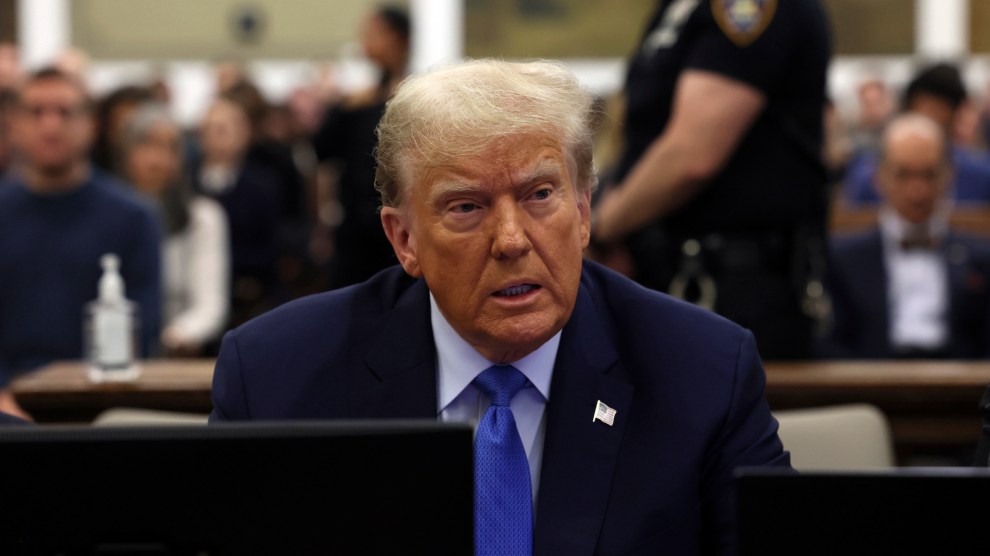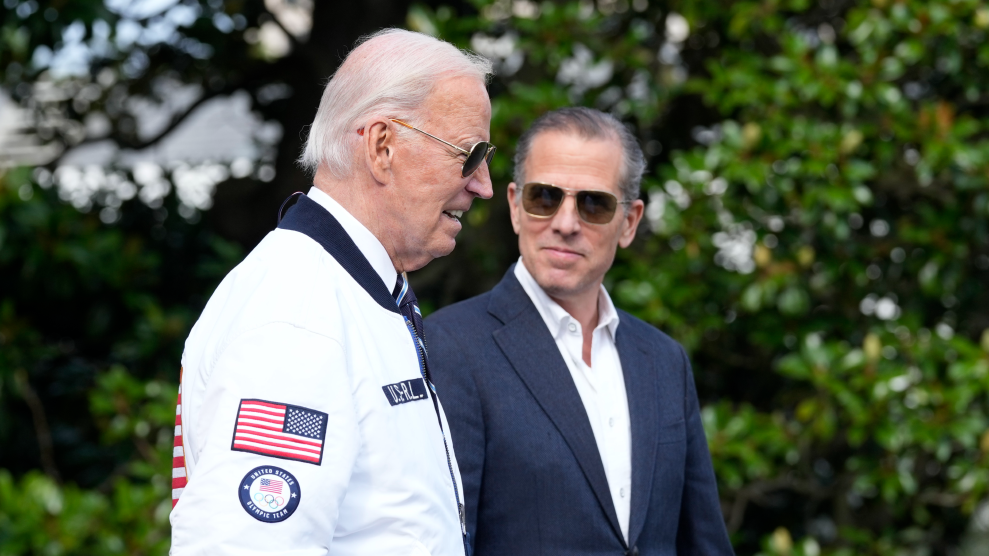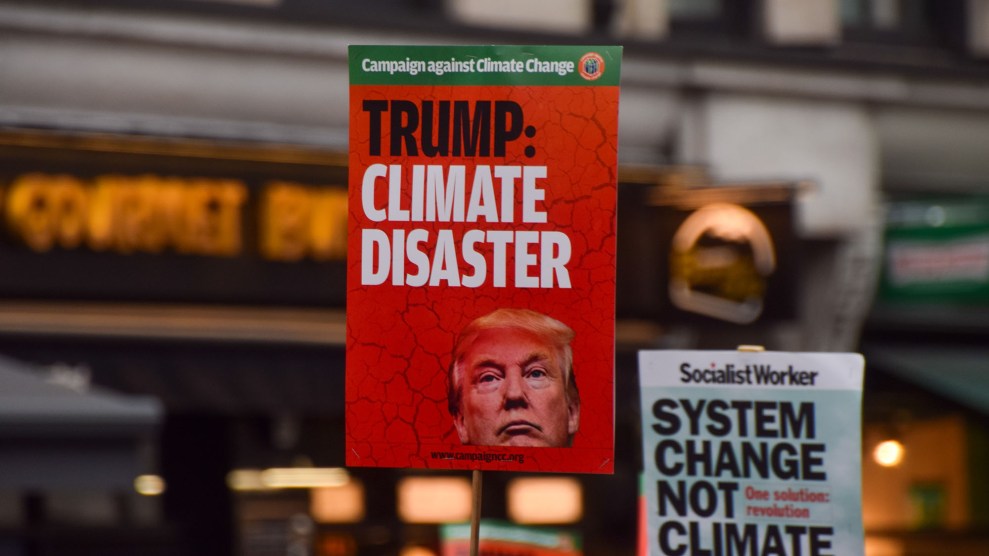
Former President Donald Trump waits to take the witness stand during his civil fraud trial at the New York Supreme Court, Nov. 6, 2023, in New York.Brendan McDermid/AP
Federal Judge Tanya Chutkan ruled on Friday that Donald Trump does not enjoy immunity from criminal prosecution for his role in attempting to overturn the 2020 election.
“Defendant’s four-year service as Commander in Chief did not bestow on him the divine right of kings to evade the criminal accountability that governs his fellow citizens,” Chutkan wrote in a sharply worded 48-page order, rejecting Trump’s effort to derail the trial set for March 2024, where he faces criminal charges for inciting the January 6 insurrection.
It marked the first time that a federal court ruled that a former president was not entitled to immunity from criminal prosecution. “Whatever immunities a sitting president may enjoy, the United States has only one chief executive at a time, and that position does not confer a lifelong ‘get-out-of-jail-free’ pass,” Chutkan wrote. “Former presidents enjoy no special conditions on their federal criminal liability. Defendant may be subject to federal investigation, indictment, prosecution, conviction and punishment for any criminal acts undertaken while in office.”
Just hours before Chutkan’s ruling, a federal appeals court in Washington similarly held that Trump is not entitled to broad immunity from civil lawsuits that seek to hold him accountable for inciting the insurrection on January 6, 2021.
Trump plans to appeal Chutkan’s order, all the way to the Supreme Court if necessary, and hopes to run out the clock so that he does not have to face any criminal trials while campaigning for president in 2024. His lawyers plan to file similar motions in all four criminal cases against him.
On Friday, Trump lawyers argued in Georgia that a trial date of August 2024 for his role in attempting to overturn the election in the state would result in “election interference,” ignoring the irony that his effort to reverse the election results amounted to exactly that.
“Can you imagine the notion of the Republican nominee for president not being able to campaign for the presidency because he is in some form or fashion in a courtroom defending himself?” argued Trump lead counsel Steven Sadow. “That would be the most effective election interference in the history of the United States, and I don’t think anyone would want to be in that position.”
“This trial does not constitute election interference,” responded special prosecutor Nathan Wade. “This is moving forward with the business of Fulton County.”
While attempting to move the Georgia trial from 2024, Trump’s team also argued that it could not take place in 2025 if Trump were re-elected, because it would interfere with his duties as president.
Trump has sounded increasingly authoritarian as he details his agenda for a second term. His attitude toward the justice system—that he is above the law in all circumstances—is more of the same.
















